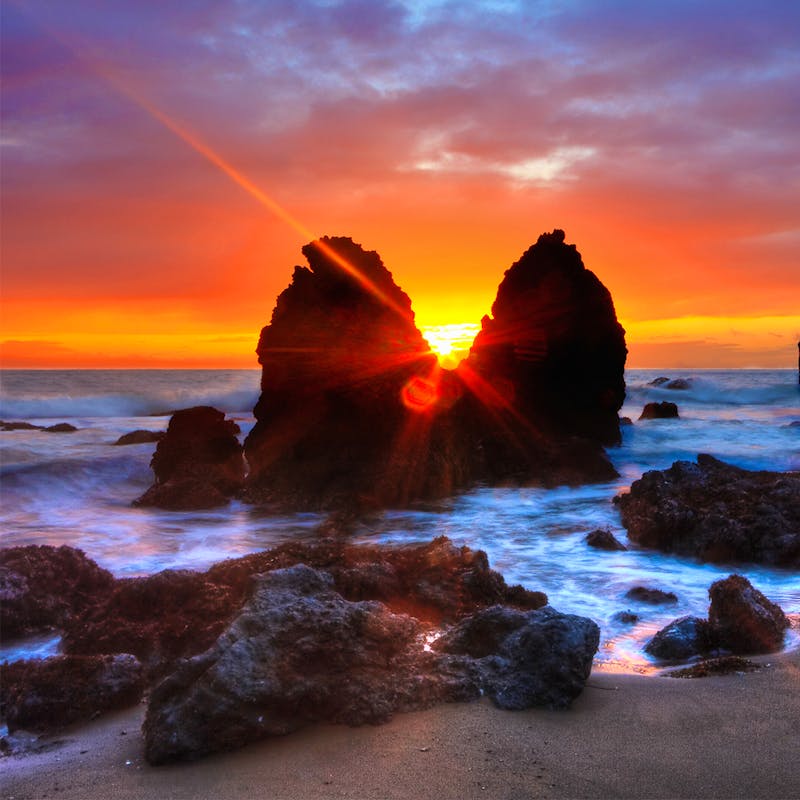More than 400 Florida manatees have died since the start of 2021, fueling concern for the iconic and federally threatened species' future. The 2021 mortalities are larger than the combined totals of the first two months of 2010, during a particularly cold and prolonged winter. While the current winter has not been as severe, scientists are examining the causes for the dramatic spike in deaths. So far, cold stress combined with the loss of large areas of seagrass—the manatees’ staple food—appear to be the primary causes of death in recent months for manatees along the central and south Atlantic coast of Florida.
“These tragic deaths will only become more frequent until we address the underlying causes,” said Elizabeth Fleming, senior Florida representative at Defenders of Wildlife. “Unless we start to take commonsense actions to improve water quality and quantity in Florida, poor stewardship of our precious water resources will continue to harm entire ecosystems, as we’ve seen with seagrass loss. One very unfortunate result not ever witnessed until now is malnutrition and starvation among manatees.”
Though some press reports have speculated that—at this current rate—2,100 manatees would perish by the end of the year, experts are optimistic this event will subside soon. During the winter, manatees travel to natural springs, power plants, and other warm water sources to take shelter from the cold. Manatees can suffer a condition called cold stress, which can be fatal, when water temperatures dip below 68 degrees Fahrenheit. Due to a variety of factors, including water pollution and algal blooms exacerbated by urban and agricultural runoff, leaking septic systems and other culprits, significant areas of seagrass meadows that manatees depend on have been wiped out, causing many animals to become sick or starve. Experts expect that with warming weather, manatees will disperse from the warm water winter sites and find food elsewhere in spring and summer foraging areas.
“While some well-meaning people might think feeding the manatees can help, that will make the problem worse,” said Fleming. “Once animals are fed, they’re more likely to stay where they are, putting them in greater danger of illness and starvation. Instead, people who see a sick or injured manatee, such as one that has trouble swimming, should call the Florida Fish and Wildlife Conservation Commission’s wildlife hotline at 1-888-404-3922 or #FWC on a cell phone.”
While the species has rebounded since being added to the Endangered Species List in 1970s, manatees remain vulnerable to various threats including habitat destruction, watercraft strikes, rising sea levels and water pollution. Extreme weather events intensified by climate change, like last month’s arctic blast, can also have chilling effects on the water, causing the manatees to develop cold stress and die.
“This episode is a clear reminder that manatees still face significant threats and need our direct intervention to survive,” said Elizabeth Neville, senior Gulf Coast representative at Defenders of Wildlife. “We must maintain strong protections for the species as we work to restore and protect warm water and foraging habitat before this happens again.”
Defenders of Wildlife is working on multiple fronts to conserve manatees and their essential habitats, including advocating for improved treatment of stormwater and wastewater, supporting laws and policies that protect manatees and promoting safer waterways. One notable habitat endeavor is Defenders’ work to restore the Great Florida Riverway. This restoration would allow hundreds of manatees to access essential warm water winter habitat once the dam across the Ocklawaha River is breached and the natural flow of the Riverway is restored.
“Unless we make a diligent effort to restore healthy water quality and flow of our waterways, another mass manatee mortality event is inevitable,” said Neville.
For over 75 years, Defenders of Wildlife has remained dedicated to protecting all native animals and plants in their natural communities. With a nationwide network of nearly 2.1 million members and supporters, Defenders of Wildlife is a leading advocate for innovative solutions to safeguard our wildlife for generations to come. To learn more, please visit https://defenders.org/newsroom or follow us on X @Defenders.
Media Contact
News

Defenders Receives Advocacy Organization of the Year Award




